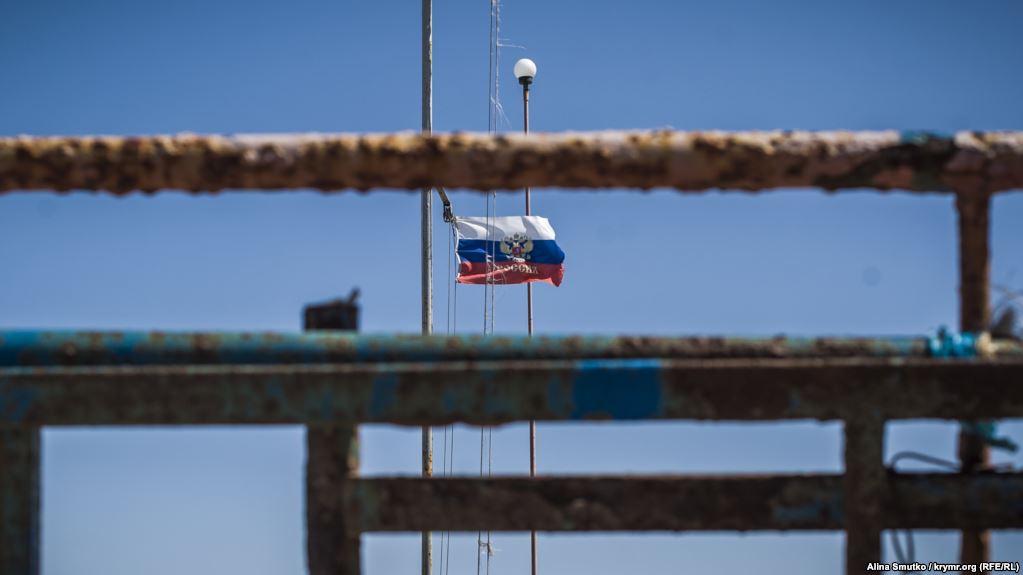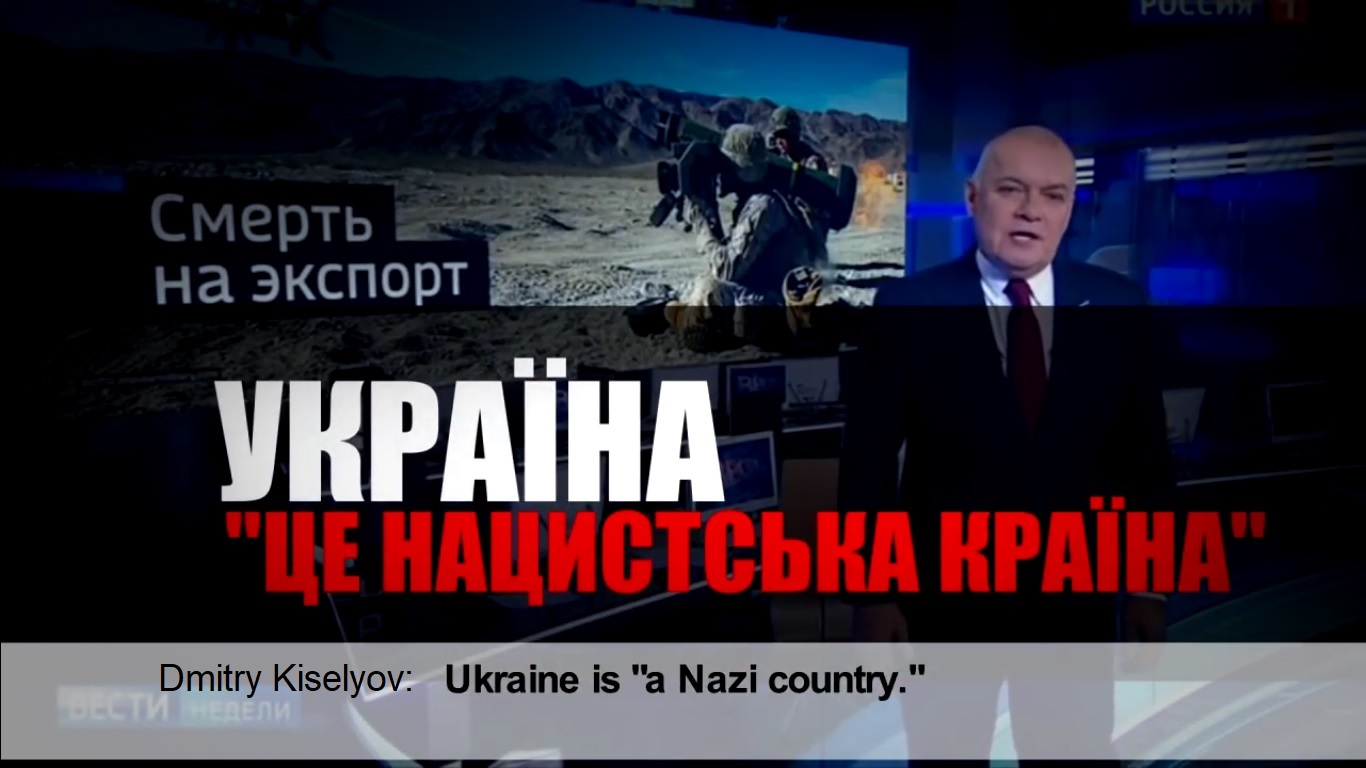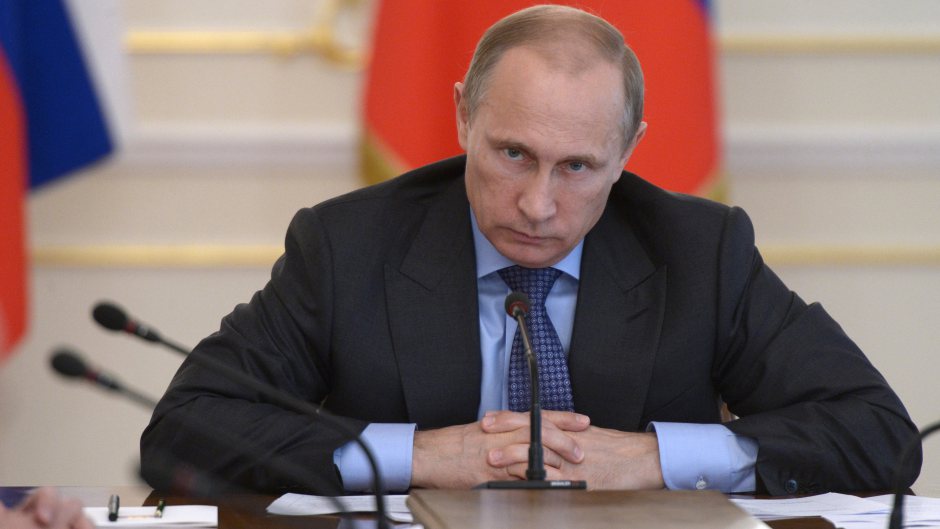A major reason that Moscow has to struggle to find symmetrical responses to anything other countries do is because it lacks many of the institutions that they have but that Russia does not, ranging from media environments open to almost anyone to schools in the languages of many minorities.
Consequently, the Kremlin is forced to identify “asymmetrical” replies that often put it even more at odds with others and that at the very least call attention to the lack of institutions on its own territory equivalent to those its government-controlled media complain about when other governments restrict them in any way.

A classical example of this involves schools in the languages of minority nationalities in other countries and in Russia. As Radio Liberty’s Pavlo Kazarin says, Moscow isn’t in a position to close Ukrainian language schools in response to Kyiv’s promotion of Ukrainian because there aren’t any Ukrainian-language schools in Russia.
Russia is currently threatening to “limit the activities of Ukrainian media on its territory,” the commentator says; but one is compelled to ask, Kazarin continues, “just what responsive actions is Moscow talking about?” Almost all Ukrainian media already have closed their bureaus and activities in Russia.
Moscow can also complain about the ban on Russian TV channels in Ukraine, but it can’t respond by shuttering Ukrainian broadcasts to Russia because they were long ago shut out of Russian cable networks, except of course for pro-Moscow channels like Inter which by itself is “indicative.”
The Ukrainian authorities in recent months have begun to restore the balance to where Russian moves have brought their country, even though Moscow continues to act and some continue to believe that Ukraine is the problem, something that even the most cursory examination of the situation will demonstrate is not the case.
Read More:
- Russia stands behind “DNR” leader’s order to confiscate food crops, echoing Stalin’s Holodomor
- Ukrainian civil resistance to Russian occupation in Donbas
- Russian info war against US, far broader than last year’s elections, an act of terrorism, Latynina says
- Failure of Kremlin’s ‘Trump is Ours’ plan leading it to rethink Ukraine policy, Piontkovsky says
- US, EU actions on Russia a remake of what brought the much stronger USSR to its end, Yakovenko says
- Russia kidnapped two Ukrainian border guards and may hunt for more
- Russia’s second counter-revolution struggles to commemorate the first
- Five disturbing Russian developments in danger of being overshadowed by 1917 anniversary
- Experts weigh in on Ukraine’s hotly debated new minority language policy
- Status of Russian language worries 1% of Ukrainians; war in Donbas – 71%
- Moscow worried Russian ‘ceasing to be language of majority’ in Ukraine, Shchetkina says






